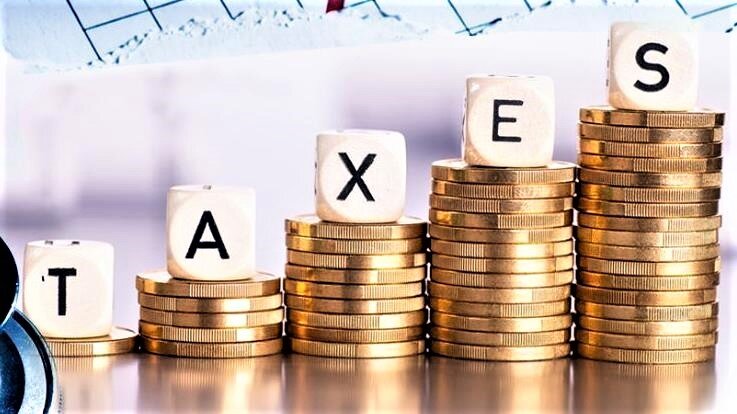Increasing tax income in budget bill not logical in current condition

Iran’s national budget bill for the next Iranian calendar year 1400 (starts on March 21), whose draft was submitted to the parliament on December 2, 2020, has predicted a tax income of 2.47 quadrillion rials (about $58.809 billion), rising from 1.95 quadrillion rials (about $46.42 billion) envisaged in the present year’s budget.
The bill is currently under investigation, while many experts believe that it is unrealistic under the current condition of the country.
One of the issues raising many objections is rising tax income.
The parliament's insistence on increasing tax revenues, on the one hand, and the government's efforts to prevent further pressure on low-income people and vulnerable groups, on the other, have made increasing tax revenues one of the main challenges of the budget bill.
Making money from oil sales or tax collection has become one of the most important issues in the 1400 budget, as the government had envisaged the daily oil sales of 2.3 million barrels (which was reduced to 1.5 million barrels by the parliament’s budget review ad-hoc committee), while the MPs say that instead of selling oil, which is difficult under the sanctions condition, more taxes should be collected.
Although it is ideal that taxes replace oil sales in the budget; in the current condition the emphasis on increasing tax revenues does not make sense.
In a cabinet meeting on Wednesday (January 6), President Hasan Rouhani said, "We cannot put pressure on the people, this war [sanctions] has put pressure on us, we do not accept an increase in taxes without logical calculation.”
Although it is necessary to pay more attention to the role of taxes in the government budget and efforts to increase the share of this type of revenue in the annual budget, it is not easy to replace taxes with oil. This requires conditions that are not currently available in Iran.
Taxes, as a sustainable source, play an important role in financing government expenditures. But the reality is that in countries like Iran, governments rely on revenues from the sale of natural resources such as oil to cover their expenses.
Meanwhile, it should be noted that economic growth is the main platform for increasing tax revenues.
Economic growth means more production of goods and services and thus an increase in tax revenues. The withdrawal of the United States from Iran’s nuclear deal and the subsequent imposition of unilateral sanctions on Iran have had detrimental effects on the country's economy.
Opposing some of the views expressed in terms of increase in tax revenues in the budget of 1400, Finance and Economic Affairs Minister Farhad Dejpasand has said that in the absence of defining new tax bases or reducing tax exemptions, such an increase would mean increasing pressure on the real private sector, especially under the current situation of the coronavirus pandemic.

Leave a Comment